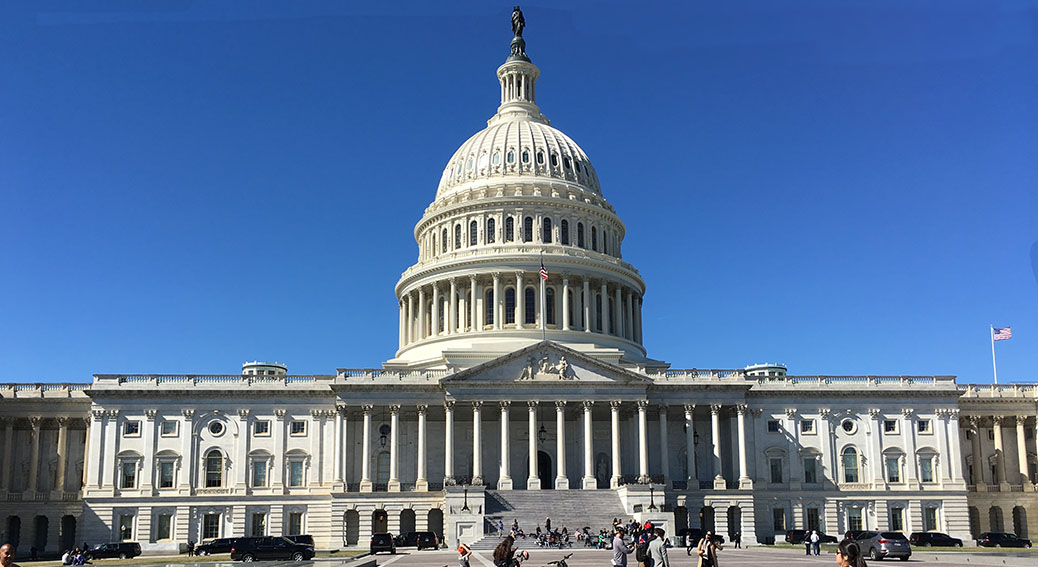With the Congressional Budget Office (CBO) score known, the Senate has the framework to draft its version of the American Health Care Act (AHCA) bill. Senate Republicans are using reconciliation, meaning they will need 50 votes and Vice President Mike Pence to break a tie to pass the health care legislation and prevent a Democratic filibuster. That means that Republicans can only lose two votes as no Democrats are expected to support the bill. The Senate has not set a timeline for a vote, however some have said that a vote could occur before the July 4 recess. This would give the Senate the next four weeks to complete its work.
Senate Majority Leader Mitch McConnell has appointed a 13-member working group including Sen. John Thune, who is the third highest ranking republican, to draft the bill. McConnell needs to “thread the needle” to address the concerns of moderates, who are worried about capping the federal contribution for expanded Medicaid enrollment and higher costs for older, low-income Americans, with those of conservatives, who are leery about rising costs – especially involving Medicaid.
There is cause for concern that the Senate bill will include provisions from the House bill that are problematic, such as cutting Medicaid by $800 billion over ten years, removing the mandate on insurance companies to provide coverage for older Americans and waivers for pre-existing conditions that are likely to cause premiums to skyrocket. Moderate Republicans would like to see a longer “glide path” for reforming Medicaid rather than the abrupt capping of the program. In short, the daunting task for McConnell is to find a way to replace 20 to 30 percent of the House bill in a way that will garner the necessary votes for passage.







